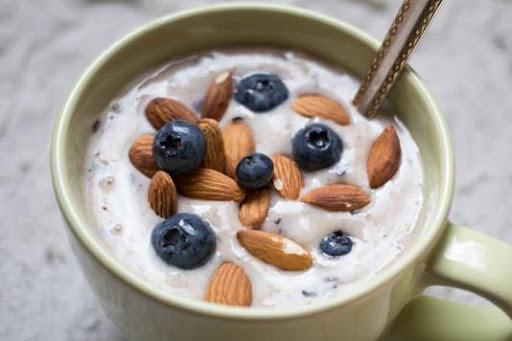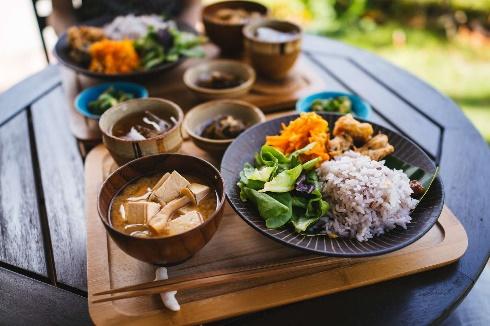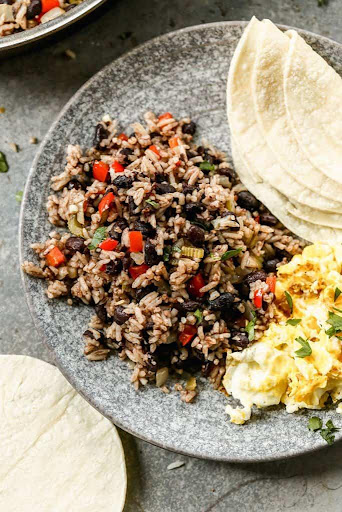Do you know what ” Blue Zones ” are? These are places where the life expectancy of people is higher than in other parts of our planet.

Medical statistician Gianni Pes first referred to “Blue Zones” when he mentioned Sardinia as the place where more people over the age of 100 live.
Since then, scientists have discovered four more such areas on the planet. These are the island of Okinawa in Japan, the island of Ikaria in Greece, the Nicoya Peninsula in Costa Rica and the city of Loma Linda (California, USA).
Residents of all of the above areas are world famous for their longevity, excellent health and fewer chronic diseases. Scientists have concluded that people living in “blue zones” have their amazing advantage not only because of the point on the map, but also because of diet.
Since diet is one of the most important factors affecting life expectancy, I'd say let's take a look at what is so special about the diet of people living in the blue zones of the planet.
So what do people in blue zones eat for breakfast?
- No breakfast
You'd be surprised, but some of them don't eat breakfast at all. For example, many residents of the Greek islands of Ikaria and Crete have the custom of not eating breakfast at all. A glass of water or a cup of coffee is enough.

- Yogurt with fruit and nuts
If people eat breakfast, it is usually something simple and light. For example, in Greece, the most common breakfast option is yogurt with nuts. To make this breakfast, take unflavored yogurt, add nuts, fruit and honey to taste. For people with lactose intolerance, experts recommend oatmeal, which can also be mixed with nuts, fruits and honey.
- Bread, tomatoes, olive oil
This breakfast is common among the inhabitants of the island of Sardinia. They often use leftovers from yesterday's meal. Thus, their breakfast often consists of leftover toast soaked in milk, or bruschetta with tomatoes and virgin olive oil. It's all very simple.
If you want to follow their recipes, toast whole wheat bread with olive oil, dice fresh tomatoes, drizzle with oil, salt and pepper to taste and place on the bread.

- Miso, natto and seaweed
Okinawans often eat miso, natto and seaweed for breakfast, which are very healthy foods. According to recent studies, fermented soy products are very beneficial not only for the digestive tract but also for other organs. Natto (a traditional Japanese product made from fermented soybeans) is a good preventive agent against cardiovascular diseases.
- Oatmeal with nuts and maple syrup
Such breakfast is common in the city of Loma Linda (California). Residents of this city are mostly vegetarians. Most often they choose porridge and cereal for breakfast. For example, oatmeal with nuts and maple syrup or millet porridge with maple syrup and nuts.
- Rice and legumes

This is how breakfast is eaten in Nicoya, Costa Rica. A dish called gallo pinto is very popular here, a mixture of seasoned beans and rice that is usually served with corn tortillas and coffee. Beans and rice are a mixture of vegetable protein that is very good for the body. According to scientists, beans are one of the best sources of dietary fiber, which reduces the risk of cardiovascular disease, diabetes, stroke, obesity and cancer.
- Scrambled eggs with spinach
Scrambled eggs with spinach is one of the favorite dishes of blue zone residents. If you don't like spinach at all, experiment. Add some vegetables to the eggs. For example, onions, tomatoes or any other vegetables you like.
How do you like these breakfast ideas? As for me, some of them are my personal favorites, like spinach omelette or bruschetta with tomatoes and olive oil.
If you'd like to learn more about the lifestyle or eating habits of people living in ” Blue Zones “, let me know. As I like this topic, I will gladly share the information I have.
